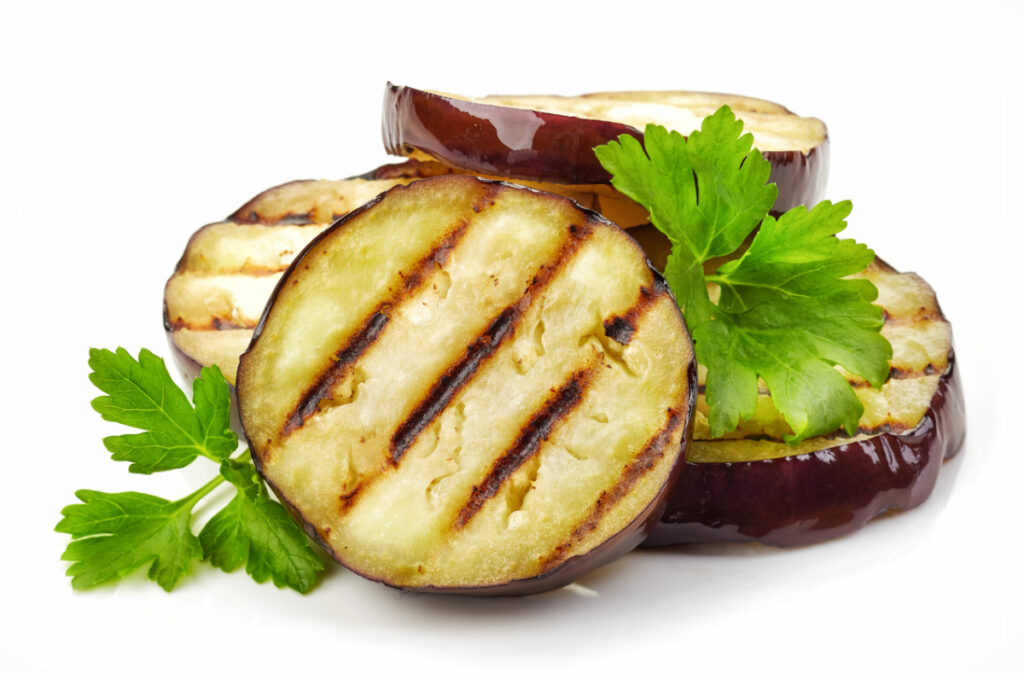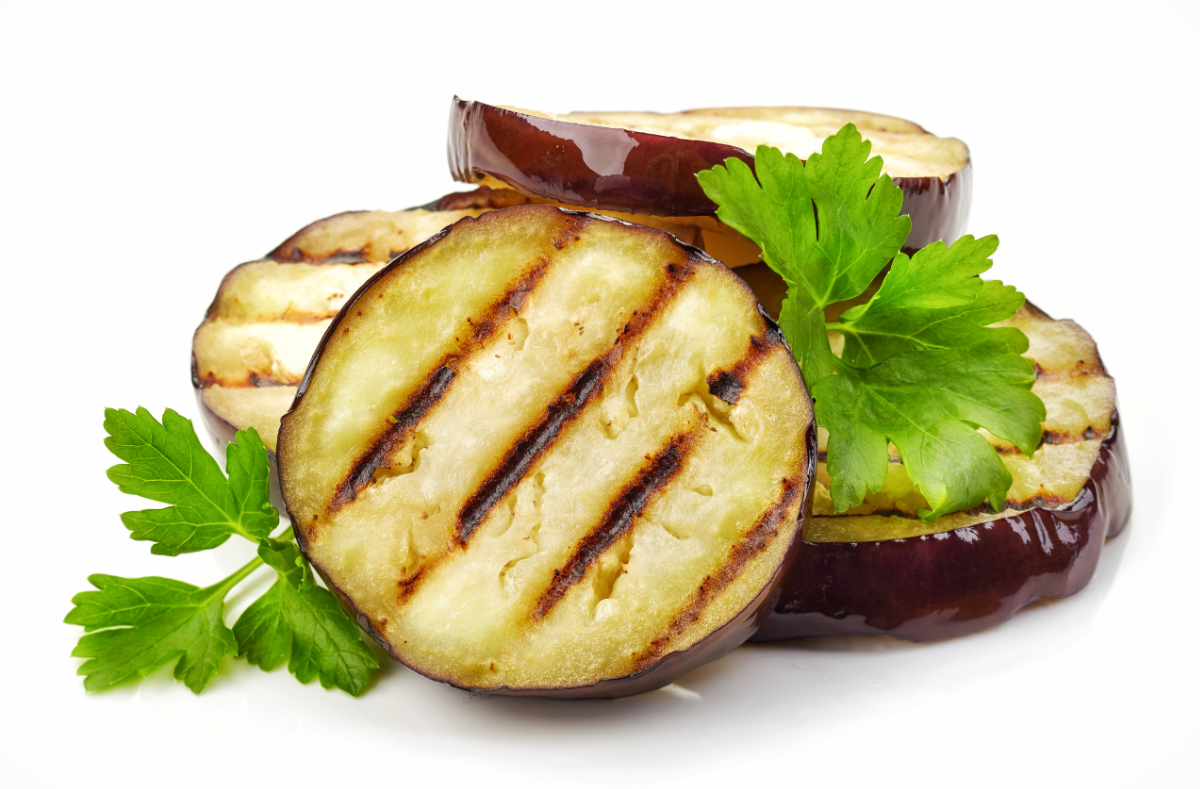Like potatoes, tomatoes, and peppers the eggplant is a member of the nightshade family of plants. Like other members of the nightshade family the fruit hangs from branches that grow several feet high.
Yes, I said the fruit, eggplant is often considered a vegetable but, its technically a fruit since it grows from a flowering plant and contains seeds. Eggplants are warm-weather vegetables that are harvested in mid to late summer and taste best when harvested young. They should be planted indoors or in a controlled environment until they are 3 inches tall. Plant them in the Spring well after the chance of frost has passed and soil temperatures reach 55-60°F.

How to grow Eggplant in an Aeroponic Tower:
https://jeremygwaltney.towergarden.com/blog.read.html/en/2015/6/top_tips_for_easier.html
Eggplants are considered a nutrient-dense food because they contain a good number of vitamins, minerals and fiber with few calories. A serving of eggplant can provide at least 5% of a person’s daily requirement of fiber, copper, manganese, B-6, and thiamine. They also contain fiber, potassium, vitamin C, and phenolic compounds that act as antioxidants in the form of anthocyanins, nasunin, lutein, and zeaxanthin.
Eggplants are high in anthocyanins, the pigment that gives them their purple color also provide antioxidant properties that can protect against inflammation. Nasunin protects cells from free-radicals that cause cell damage. Lutein and zeaxanthin have been shown to prevent heart disease. Eggplants also contain small amounts niacin, magnesium and copper.
- https://www.nutritionvalue.org/Eggplant,_raw_nutritional_value.html
- https://draxe.com/nutrition/mediterranean-diet-food-list/
Their hearty texture makes them a good stand-in for meat making them a star of the Mediterranean Diet, and one of the most versatile fruits to cook.

